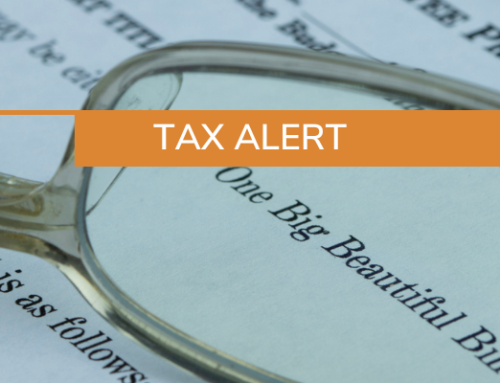If you’re like many who are saving for retirement, the value of your retirement accounts has dropped considerably during 2022.
Many smart people:
- Feel that equity markets will rebound and account values will increase in the coming years, and
- Have other sources of cash to pay some income tax and are now converting portions of their retirement accounts to Roth.
You may ask yourself, “Why would anyone want to accelerate the payment of tax?” At this point, it’s generally not because they foresee themselves in a higher tax bracket in the future. Rather, it is because they see an opportunity to capture what they hope to be considerable future growth within an account that is entirely tax-free.
If you have traditional IRAs, SEP-IRAs, or SIMPLE-IRAs, funds can be transferred directly (trustee-to-trustee) into your Roth IRA. Or, they can be distributed to you and then rolled into a Roth within 60 days. To the extent that converted amounts include basis (that is, previous nondeductible contributions) in a traditional IRA, that portion of the conversion is not taxable.
If you have balances in a 401(K), your employer’s Plan may allow for an in-Plan distribution to Roth. Such a transfer would be taxable in the year of transfer, but all future appreciation would be tax-free.
To re-cap some of the features of the Roth IRA:
- Although high-income taxpayers are not able to contribute directly to Roth, anyone can convert any amount at any time, regardless of their income level
- The account balance (including all of its growth) is federal and state tax-free.
- Any withdrawals made from Roth after age 59 1/2 are tax-free. (Younger Roth owners can also withdraw tax-free 5 years after they converted).
- There are no Required Minimum Distributions at age 72.
- Anyone inheriting a Roth pays -0- income tax. And, beneficiaries would generally have up to 10 additional years of tax-free earnings in the account before having to withdraw it.
This message is not to simply recommend converting everything to Roth. But paying some additional tax (either for the 2022 or 2023 tax year) to convert some portion of your holdings to Roth could be a good additional investment into your retirement. And, it could provide you with better tax diversification and flexibility in future years.
Please contact your PBMares advisor if you would like to discuss.




